
Liesing: Vienna's Tranquil Southern Gem
Liesing, the 23rd district of Vienna, offers a serene escape from the bustling city center. Known for its lush green spaces and charming residential areas, Liesing is a blend of natural beauty and cultural heritage. Visitors will find themselves enchanted by the picturesque vineyards, sprawling parks, and historical landmarks that define this quaint district. One of the highlights of Liesing is the Perchtoldsdorfer Heide, a vast nature reserve perfect for hiking and picnicking. This area provides stunning panoramic views and a chance to immerse in the local flora and fauna. History enthusiasts will appreciate the Liesing Parish Church, a beautiful example of Gothic architecture dating back to the 14th century. Wine lovers should not miss a visit to the local Heuriger wine taverns, where one can taste exquisite Viennese wines and traditional Austrian dishes. The district is also home to the Riverside Shopping Center, offering a variety of shops and cafes for a leisurely day out. With its peaceful ambiance and array of attractions, Liesing is a hidden gem that promises a unique and relaxing experience.
Local tips in Liesing
- Visit Perchtoldsdorfer Heide early in the morning for the best hiking experience and to avoid crowds.
- Try the local wines at a Heuriger; they often have cozy, authentic atmospheres and delicious food.
- Check the opening hours of the Liesing Parish Church beforehand, as they can vary.
- Use public transport to get around; Liesing is well-connected by bus and train services.
Liesing: Vienna's Tranquil Southern Gem
Liesing, the 23rd district of Vienna, offers a serene escape from the bustling city center. Known for its lush green spaces and charming residential areas, Liesing is a blend of natural beauty and cultural heritage. Visitors will find themselves enchanted by the picturesque vineyards, sprawling parks, and historical landmarks that define this quaint district. One of the highlights of Liesing is the Perchtoldsdorfer Heide, a vast nature reserve perfect for hiking and picnicking. This area provides stunning panoramic views and a chance to immerse in the local flora and fauna. History enthusiasts will appreciate the Liesing Parish Church, a beautiful example of Gothic architecture dating back to the 14th century. Wine lovers should not miss a visit to the local Heuriger wine taverns, where one can taste exquisite Viennese wines and traditional Austrian dishes. The district is also home to the Riverside Shopping Center, offering a variety of shops and cafes for a leisurely day out. With its peaceful ambiance and array of attractions, Liesing is a hidden gem that promises a unique and relaxing experience.
Iconic landmarks you can’t miss
HEINDL SchokoMuseum Wien
Explore 3,000 years of chocolate history at Vienna's HEINDL SchokoMuseum, with tastings, factory views, and hands-on workshops for all ages.
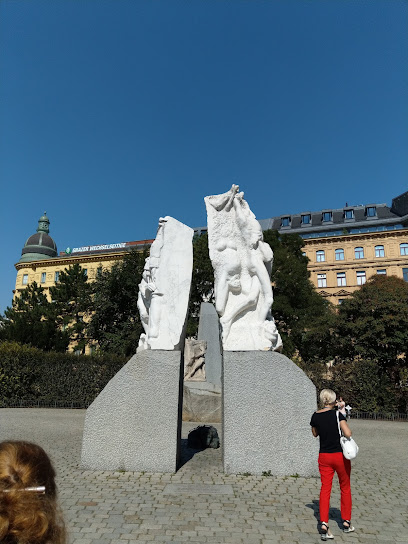
Wotrubakirche - Katholische Kirche zur Heiligsten Dreifaltigkeit
Discover Vienna's Wotrubakirche: A stunning example of Brutalist architecture and a testament to faith and artistic vision in the Liesing district.
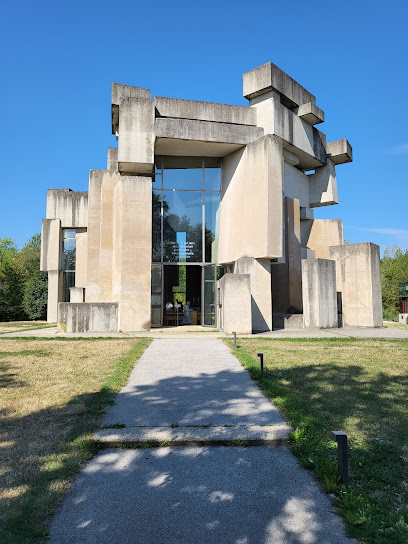
Liesing District Museum
Discover Liesing's captivating history and cultural heritage at the District Museum, showcasing local life from its early settlements to industrial development.
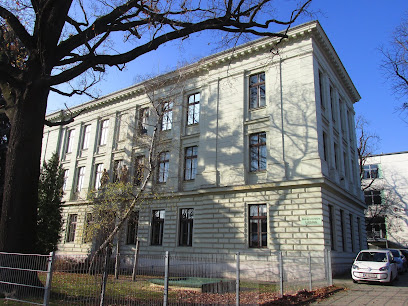
Steine der Erinnerung in Liesing - Sidonie und Hedy Blum
A memorial in Vienna's Liesing district honoring Sidonie and Hedy Blum, victims of the Holocaust, through stones of remembrance and reflection.
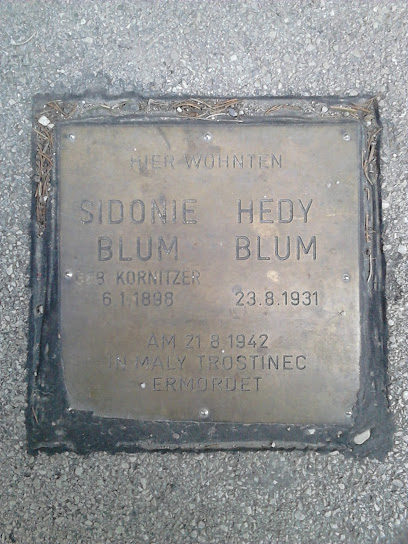
Marterl
Discover a peaceful sanctuary at Marterl in Vienna's Liesing district, a place of worship steeped in local history and tradition.
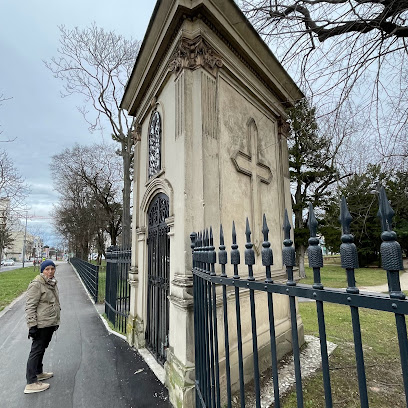
Denkmal für Therese Klostermann
A serene memorial park in Vienna honoring the courageous resistance fighter, Therese Klostermann, and her fight for freedom.
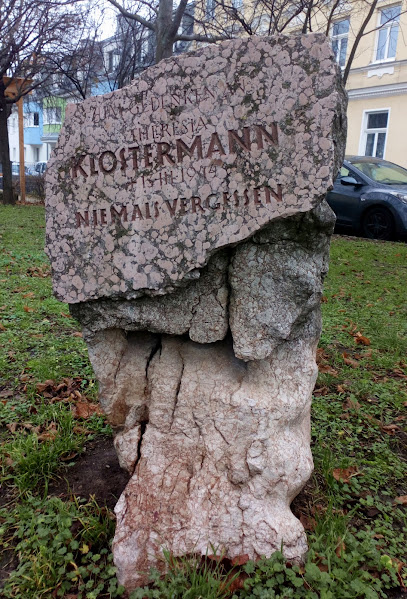
Denkmal Widerstandskämpfer Viktor Mrnustik und Franz Heindl
A tribute to Austrian resistance fighters Viktor Mrnustik and Franz Heindl, commemorating their courage and sacrifice against the Nazi regime.
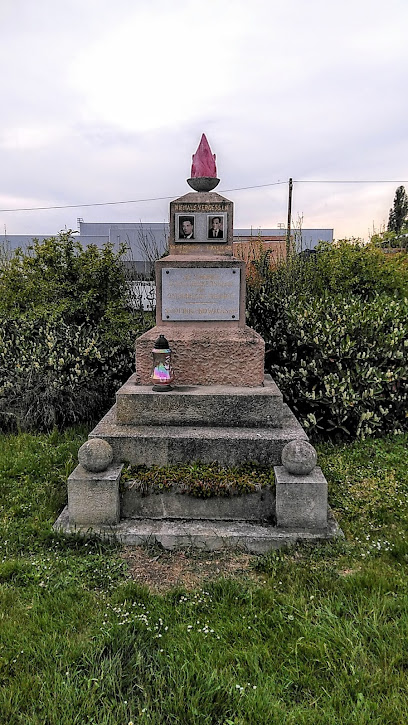
ehem. Pfarrkirche Liesing St. Servatius
Explore the serene St. Servatius Memorial Park in Vienna's Liesing, a place of reflection where history and nature intertwine.
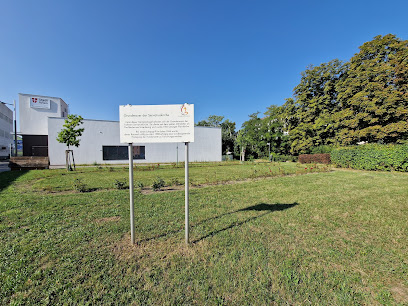
Schloss Liesing
Discover Schloss Liesing, a serene castle in Vienna's Liesing district, offering a peaceful escape into history and nature.

Unmissable attractions to see
HEINDL SchokoMuseum Wien
Discover the sweet secrets of Viennese chocolate making at the HEINDL SchokoMuseum, with tours, tastings, and hands-on workshops for all ages.
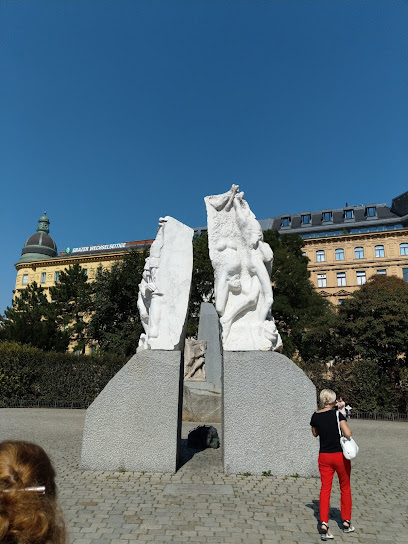
Maurer Wald
Discover Vienna's tranquil side: hiking, history, and natural beauty await in the sprawling Maurer Wald, a serene escape on the city's edge.
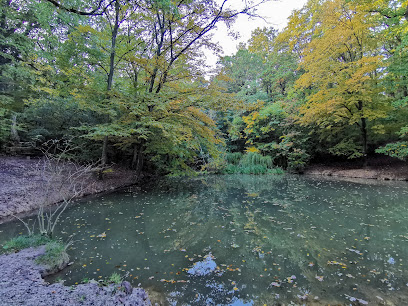
Liesing District Museum
Discover Liesing's captivating history at the District Museum: explore local life, industry, and culture in Vienna's 23rd district.
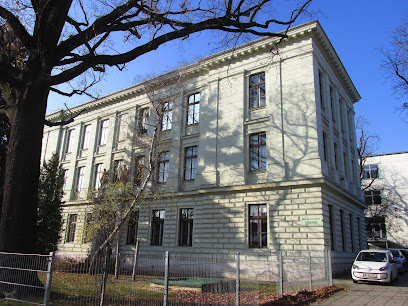
Hohenauer Teich
A serene pond within Vienna's Lainzer Tiergarten, offering a peaceful escape and connection with nature in the heart of the Viennese Woods.
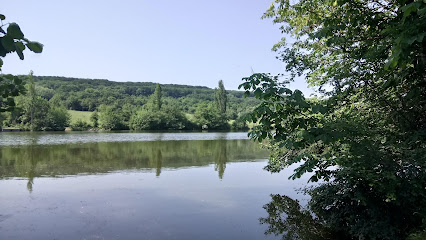
Steine der Erinnerung in Liesing - Sidonie und Hedy Blum
A poignant memorial in Vienna's Liesing district, commemorating Sidonie and Hedy Blum, victims of Nazi persecution during the Holocaust.
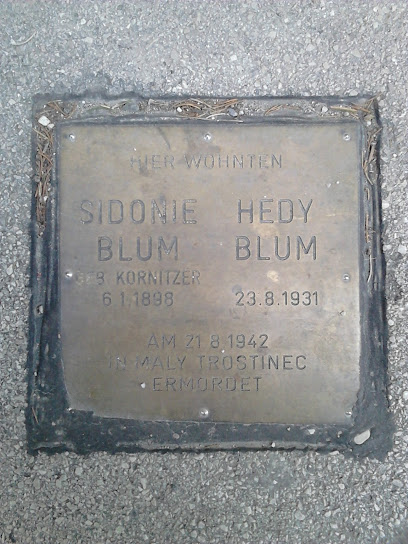
Wasserfall an der Riegermühle
Escape to a tranquil oasis: Discover the beauty of Wasserfall an der Riegermühle in Vienna's charming Liesing district. A perfect nature retreat!
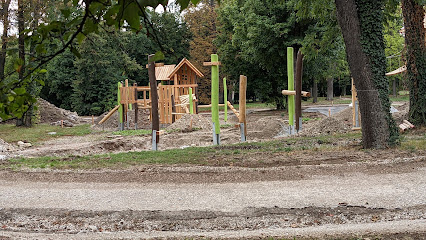
Birke (23/23) von Johanna Dohnal
A living tribute to Johanna Dohnal, Austria's first Minister for Women, promoting reflection on feminist history and the ongoing pursuit of gender equality.
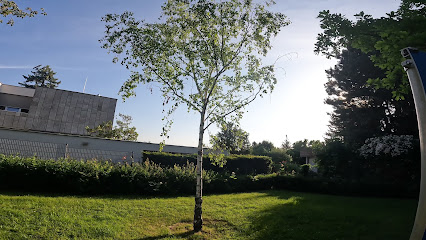
Wandplastik Alchemist Sehfeld
Discover Vienna's Wandplastik Alchemist Sehfeld: A modern sculpture inspired by alchemic traditions in the charming Liesing district.
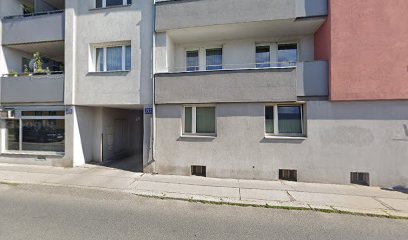
Essential places to dine
Fischer´s American Restaurant
Savor classic American dishes in a lively setting at Fischer's American Restaurant in Vienna.
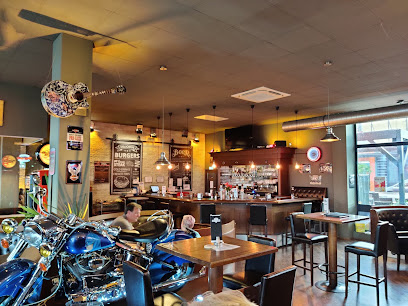
Restaurant Zu den 3 Linden
Experience authentic Austrian cuisine at Restaurant Zu den 3 Linden in Vienna – where tradition meets flavor in every dish.
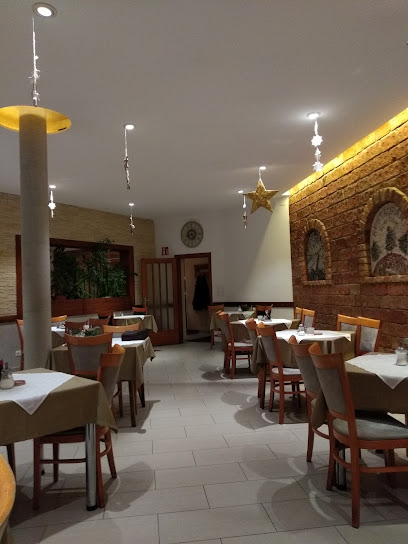
Stasta
Discover Stasta: A culinary gem in Vienna offering authentic Austrian dishes with a modern twist amidst a cozy atmosphere.
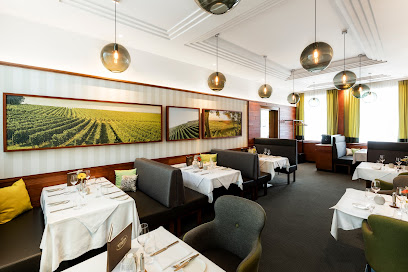
Restaurant Wiesenstadt
Discover the flavors of Austria at Restaurant Wiesenstadt – where tradition meets tranquility in Liesing's beautiful garden setting.
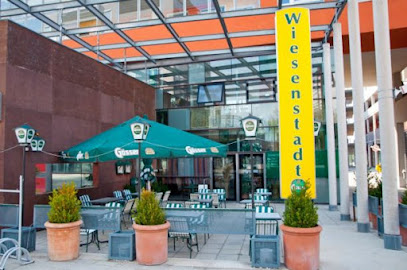
Casa Mia
Experience authentic Italian cuisine at Casa Mia in Vienna, where every meal is a journey through Italy's rich culinary heritage.
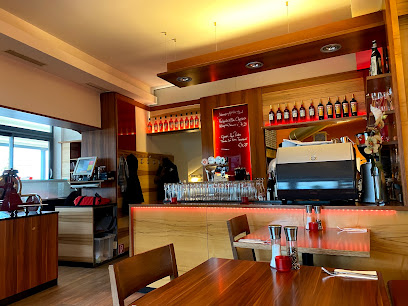
Restaurant Atzgersdorf
Experience authentic Austrian flavors at Restaurant Atzgersdorf in Vienna – where tradition meets modern cuisine in a cozy setting.
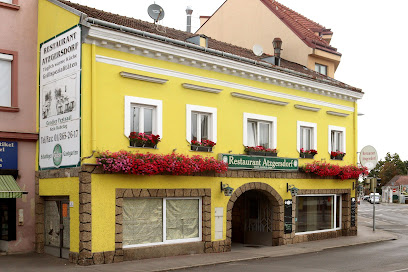
Ramundi
Experience authentic Italian cuisine at Ramundi in Vienna - renowned for delicious pizzas and cozy dining ambiance.
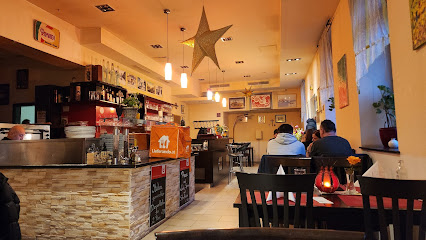
Stastino
Experience authentic Italian cuisine at Stastino in Vienna's Liesing district – where every meal feels like a trip to Italy.
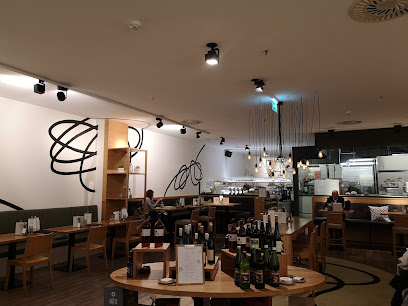
Restaurant Liesinger Bräu
Experience authentic Austrian cuisine and vibrant atmosphere at Liesinger Bräu - your perfect dining spot in Vienna's Liesing district.
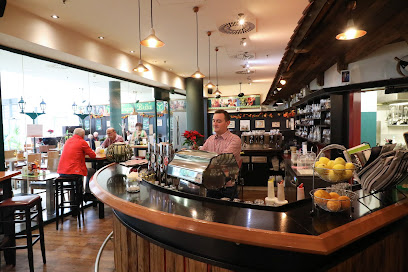
Gasthaus Bauer
Experience authentic Austrian cuisine at Gasthaus Bauer in Liesing, Vienna – a hidden gem for food lovers seeking traditional flavors.
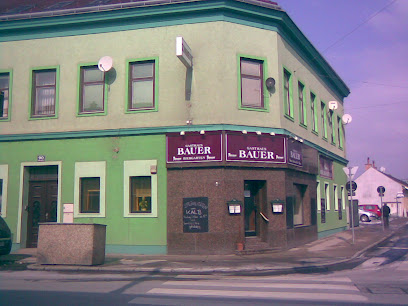
Markets, malls and hidden boutiques
Riverside Einkaufszentrum
Explore Riverside Einkaufszentrum, a vibrant shopping mall in Vienna, offering diverse shops, dining, and entertainment for every visitor.
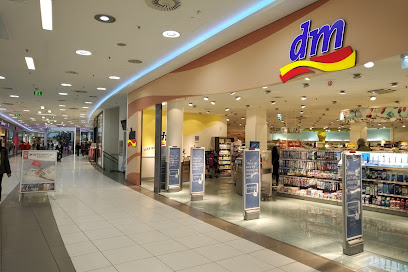
Liesinger Fundgrube
Explore Liesinger Fundgrube, Vienna's hidden antique store brimming with vintage treasures and rich history.
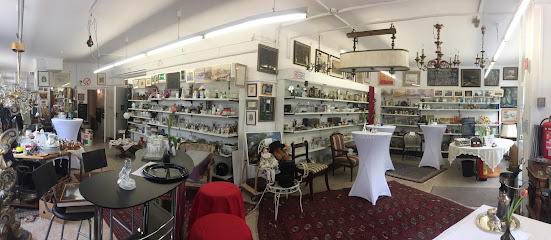
Action Wien
Explore Action Wien, a diverse shopping destination in Vienna offering everything from gifts to DIY supplies in a vibrant atmosphere.
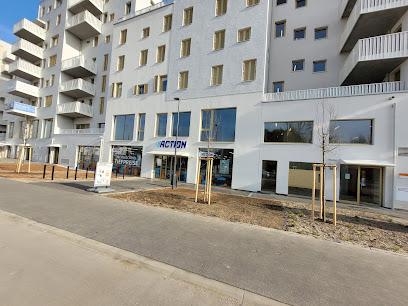
NANU-NANA
Explore the creativity of Vienna at NANU-NANA, your ultimate destination for unique gifts, home decor, and craft supplies.
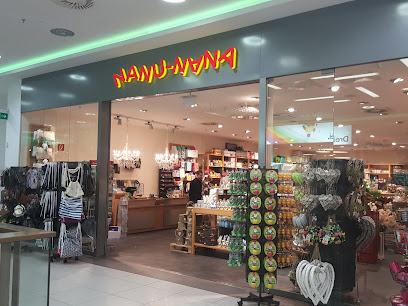
Glücksmomente
Explore Glücksmomente in Vienna: a unique gift shop and café blending local crafts, floral beauty, and delightful brews for a charming experience.
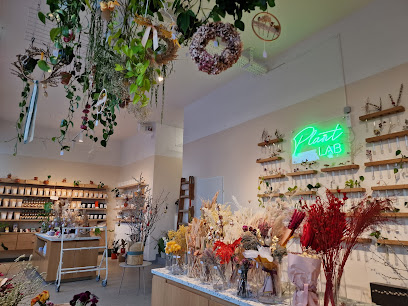
Depot
Discover unique gifts and stylish furniture at Depot in Vienna, a must-visit for home decor enthusiasts and gift shoppers.
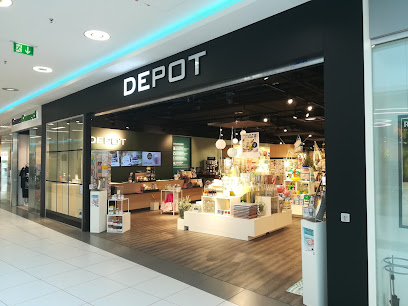
EURO SHOP
Explore EURO SHOP in Vienna, where affordability meets variety, offering home goods and unique treasures for every traveler.
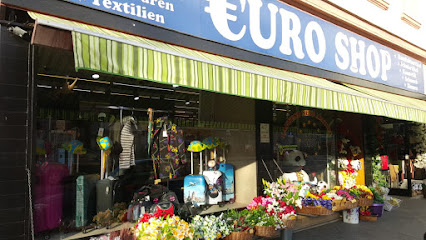
Palmira Boutique
Explore Palmira Boutique in Vienna for unique local crafts and a charming shopping experience that reflects the city's rich heritage.
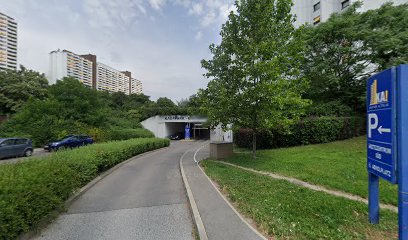
collect.at
Discover the charm of antiques and unique artistry at Collect.at, Vienna's premier antique store in Liesing district.
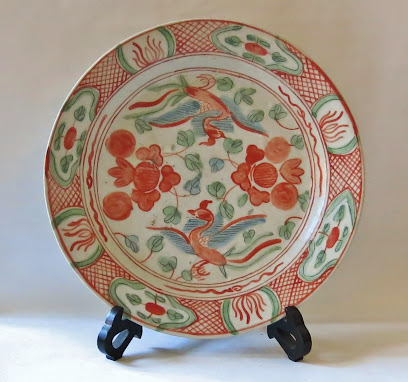
Tinky Watch
Discover timeless elegance at Tinky Watch, Vienna's premier destination for stylish fashion accessories that define modern chic.
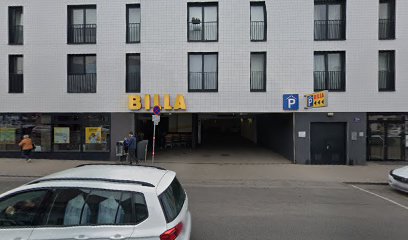
Essential bars & hidden hideouts
Weinbau & Heuriger Weindorfer
Discover the enchanting Weinbau & Heuriger Weindorfer, where exquisite local wines meet authentic Austrian cuisine in a charming setting.
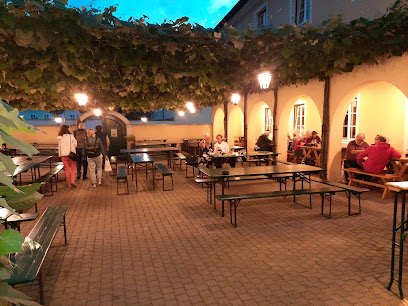
Edlmoser Vineyard & Winery
Discover the charm of Edlmoser Vineyard & Winery, Vienna's premier destination for exquisite wines and breathtaking vineyard views.
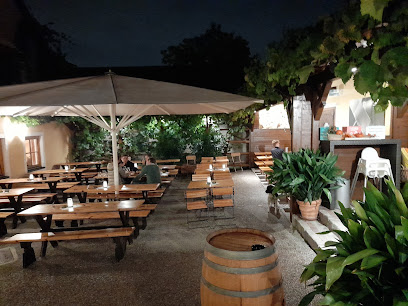
Billardcafe KÖÖ 23
Experience the vibrant nightlife at Billardcafe KÖÖ 23, Vienna's premier pool hall and cocktail bar for a fun-filled evening.
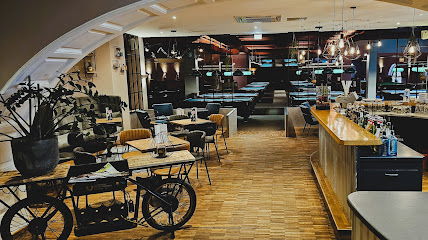
Leone Lounge & More
Discover the vibrant atmosphere of Leone Lounge & More, a cozy bar in Vienna's Liesing district, perfect for relaxation and socializing with friends.
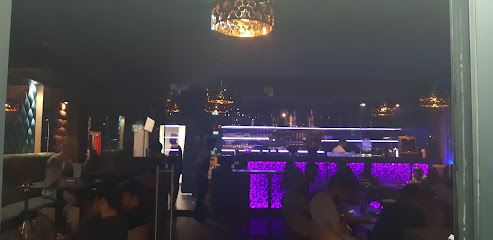
Primelounge Vienna
Discover Vienna's premier lounge for a unique hookah experience and vibrant nightlife amidst a cozy and stylish atmosphere.
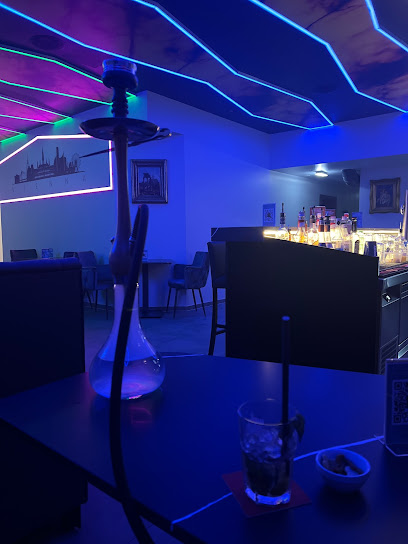
Schabernak Café Bar Pub
Discover the charm of Schabernak Café Bar Pub in Vienna, where delightful drinks and a cozy atmosphere await you.
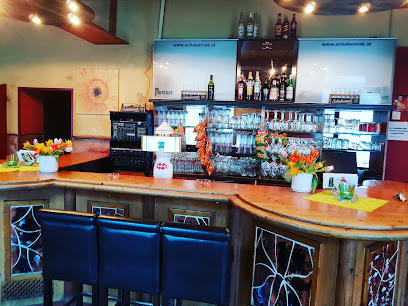
Kakadu Beisl
Experience the vibrant essence of Viennese pub culture at Kakadu Beisl, where traditional flavors and warm hospitality come together.
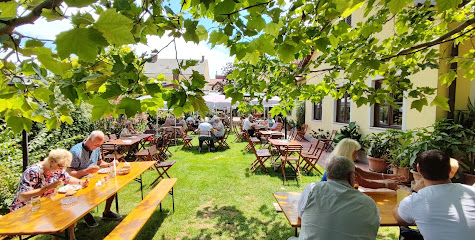
Café Rumpelstilzchen
Discover the cozy charm of Café Rumpelstilzchen in Vienna, where delightful treats and a warm atmosphere await every visitor.
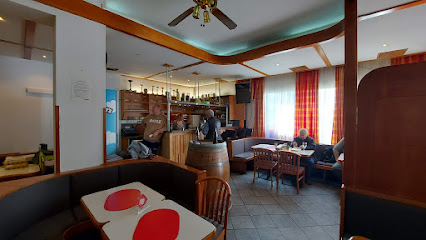
Padeldome Sportsbar
Discover Padeldome Sportsbar in Vienna: a lively bar for sports enthusiasts and casual visitors, offering a vibrant atmosphere and delicious refreshments.
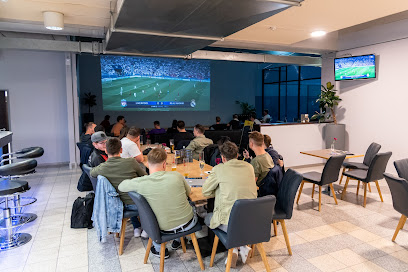
Weinviertel Hütte
Experience the rustic charm of Weinviertel Hütte, a cozy bar in Vienna's Liesing borough, perfect for unwinding with friends and enjoying local drinks.
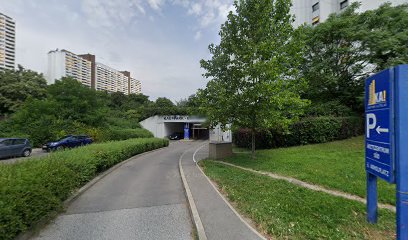
Local Phrases
-
- HelloServus
[ˈsɛr.vʊs] - GoodbyeAuf Wiedersehen
[aʊ̯f ˈviːdɐˌzeːən] - YesJa
[jaː] - NoNein
[naɪ̯n] - Please/You're welcomeBitte
[ˈbɪtə] - Thank youDanke
[ˈdaŋ.kə] - Excuse me/SorryEntschuldigung
[ɛntˈʃʊldɪɡʊŋ] - How are you?Wie geht es dir?
[viː ɡeːt ɛs diːɐ] - Fine. And you?Gut. Und dir?
[ɡuːt ʊnt diːɐ] - Do you speak English?Sprechen Sie Englisch?
[ˈʃpʁɛçən ziː ˈɛŋlɪʃ] - I don't understandIch verstehe nicht
[ɪç fɛɐˈʃteːə nɪçt]
- HelloServus
-
- I'd like to see the menu, pleaseIch würde gerne die Speisekarte sehen, bitte
[ɪç vyːdə ˈɡɛʁnə diː ˈʃpaɪ̯zəˌkaʁtə ˈzeːən ˈbɪtə] - I don't eat meatIch esse kein Fleisch
[ɪç ˈɛsə kaɪ̯n flaɪ̯ʃ] - Cheers!Prost!
[pʁoːst] - I would like to pay, pleaseIch möchte bitte bezahlen
[ɪç ˈmœçtə ˈbɪtə bəˈʦaːlən]
- I'd like to see the menu, pleaseIch würde gerne die Speisekarte sehen, bitte
-
- Help!Hilfe!
[ˈhɪlfə] - Go away!Geh weg!
[ɡeː vɛk] - Call the Police!Rufen Sie die Polizei!
[ˈʁuːfn̩ ziː diː poˈliːtsaɪ̯] - Call a doctor!Rufen Sie einen Arzt!
[ˈʁuːfn̩ ziː ˈaɪ̯nən aʁts] - I'm lostIch habe mich verirrt
[ɪç ˈhaːbə mɪç fɛˈʀɪʁt] - I'm illIch bin krank
[ɪç bɪn kʁaŋk]
- Help!Hilfe!
-
- I'd like to buy...Ich möchte ... kaufen
[ɪç ˈmœçtə ... kaʊ̯fən] - I'm just lookingIch schaue nur
[ɪç ˈʃaʊ̯ə nuːɐ] - How much is it?Wie viel kostet es?
[viː fiːl ˈkɔstət ɛs] - That's too expensiveDas ist zu teuer
[das ɪst tsuː tɔɪ̯ər] - Can you lower the price?Können Sie den Preis senken?
[ˈkœnən ziː dɛn pʁaɪ̯s ˈzɛŋkən]
- I'd like to buy...Ich möchte ... kaufen
-
- What time is it?Wie spät ist es?
[viː ʃpɛt ɪst ɛs] - It's one o'clockEs ist ein Uhr
[ɛs ɪst aɪn ʊʁ] - Half past (10)Halb zehn
[halp ʦeːn] - MorningMorgen
[ˈmɔʁɡən] - AfternoonNachmittag
[ˈnaχmɪˌtaːk] - EveningAbend
[ˈaːbənt] - YesterdayGestern
[ˈɡɛs.tɐn] - TodayHeute
[ˈhɔʏ̯tə] - TomorrowMorgen
[ˈmɔʁɡən] - 1Eins
[aɪ̯ns] - 2Zwei
[ʦvaɪ̯] - 3Drei
[dʁaɪ̯] - 4Vier
[fiːɐ] - 5Fünf
[fʏnf] - 6Sechs
[zɛks] - 7Sieben
[ziːbən] - 8Acht
[aχt] - 9Neun
[nɔʏ̯n] - 10Zehn
[ʦeːn]
- What time is it?Wie spät ist es?
-
- Where's a/the...?Wo ist ein/der...?
[vo ɪst aɪn/deːɐ] - What's the address?Was ist die Adresse?
[vas ɪst diː ˈaˌdʁɛsə] - Can you show me (on the map)?Können Sie mir (auf der Karte) zeigen?
[ˈkœnən ziː mɪʁ (aʊ̯f deːɐ ˈkaʁtə) ˈʦaɪ̯ɡən] - When's the next (bus)?Wann kommt der nächste (Bus)?
[van kɔmt deːɐ ˈnɛχstə (bʊs)] - A ticket (to ....)Eine Fahrkarte (nach ....)
[ˈaɪ̯nə ˈfaːɐkaʁtə (nax)]
- Where's a/the...?Wo ist ein/der...?
History of Liesing
-
Liesing's history can be traced back to the early medieval period when it was primarily an agricultural community. The first documented mention of Liesing dates back to 1114, indicating its long-standing presence in the region. The area was characterized by rural landscapes, with farming and vine cultivation being the main economic activities that shaped the local culture.
-
Liesing was incorporated into the city of Vienna in 1892, along with several other neighboring districts. This incorporation marked a significant transformation from a rural village to a more urbanized area. The expansion of the city led to increased infrastructure development, making Liesing an important residential area within Vienna.
-
During World War II, Liesing, like many parts of Vienna, experienced substantial destruction due to bombings. The post-war period saw a major rebuilding effort, which included the construction of new housing estates and public facilities. The reconstruction efforts facilitated the growth of Liesing as a popular living area for families and individuals seeking affordable housing within the city.
-
The late 20th century witnessed significant cultural developments in Liesing, including the establishment of community centers and cultural events aimed at fostering local identity. The neighborhood became known for its multicultural atmosphere, reflecting the diverse population that settled in the area. Local festivals and markets began to celebrate the rich cultural tapestry of Liesing.
-
Today, Liesing is characterized by a blend of traditional Viennese charm and modern urban living. The neighborhood features a mix of historical buildings, parks, and new residential developments. Liesing is also home to several important institutions, including educational facilities and recreational areas, contributing to its reputation as a desirable place to live within Vienna.
Liesing Essentials
-
Liesing is well-connected to central Vienna and other neighborhoods via public transport. You can take the U6 subway line to Siebenhirten or the S-Bahn (S1, S2, S3) to Liesing station. Trams and buses also serve the area, making it easy to reach from districts like Favoriten or Meidling.
-
In Liesing, public transport is efficient and reliable. The U-Bahn (U6) and S-Bahn provide quick access to various parts of the city. Buses (like the 60A and 60B) also connect to nearby suburbs. For a local experience, consider renting a bicycle; many bike paths are available, particularly near the river.
-
Liesing is generally safe for tourists, but as in any urban area, it is wise to be cautious. Avoid poorly lit streets at night and keep valuables secure. While there are no specific areas with high crime rates targeting tourists, it’s advisable to remain vigilant in crowded places.
-
In case of an emergency, dial 112 for police, fire, or medical assistance. The nearest hospital is the Krankenhaus der Barmherzigen Schwestern, located a short distance from Liesing. It is advisable to have health insurance that covers emergencies while abroad.
-
Fashion: Do dress respectably, particularly when visiting places of worship. Don't wear overly casual or revealing clothing. Religion: Do respect local customs; cover shoulders and knees when entering churches or monasteries. Public Transport: Do give up your seat for the elderly. Don't eat or drink on public transport. Greetings: Do greet with a handshake and a friendly smile. Eating & Drinking: Do try local Viennese delicacies. Don't refuse food offered by locals, as it's considered impolite.
-
To experience Liesing like a local, explore the local markets, such as the Liesinger Platz market, for fresh produce and local specialties. Engage with friendly locals who may share insights about the neighborhood's history. For a unique experience, take a stroll along the Liesing river, which offers picturesque views and a sense of tranquility away from the city's hustle.
Trending Landmarks in Liesing
-
HEINDL SchokoMuseum Wien
-
Wotrubakirche - Katholische Kirche zur Heiligsten Dreifaltigkeit
-
Liesing District Museum
-
Steine der Erinnerung in Liesing - Sidonie und Hedy Blum
-
Marterl
-
Denkmal für Therese Klostermann
-
Denkmal Widerstandskämpfer Viktor Mrnustik und Franz Heindl
-
ehem. Pfarrkirche Liesing St. Servatius
-
Schloss Liesing
Nearby Cities to Liesing
-
Things To Do in Eisenstadt
-
Things To Do in Sopron
-
Things To Do in Bratislava
-
Things To Do in Trnava
-
Things To Do in Szombathely
-
Things To Do in Gyor
-
Things To Do in Brno
-
Things To Do in Graz
-
Things To Do in Linz
-
Things To Do in Zalaegerszeg
-
Things To Do in Trenčín
-
Things To Do in České Budějovice
-
Things To Do in Český Krumlov
-
Things To Do in Veszprem
-
Things To Do in Keszthely






